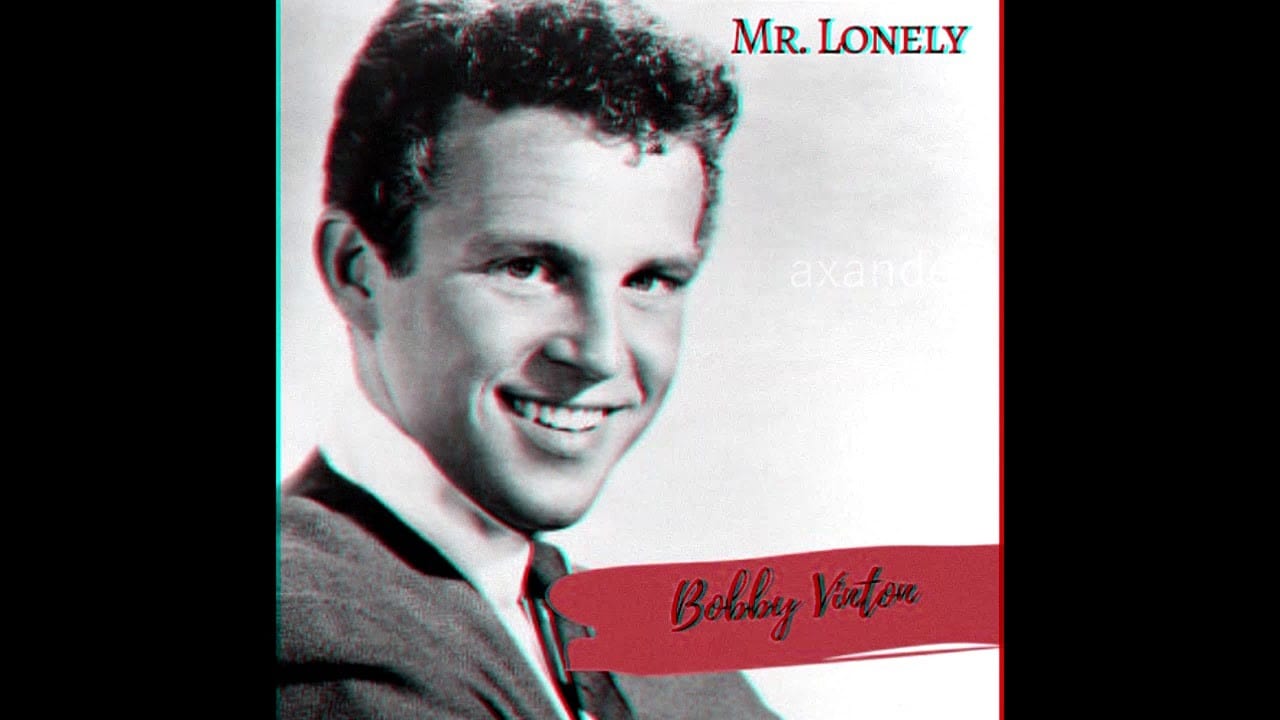
About the song
A Ballad of Heartbreak: Unveiling Bobby Vinton’s “Mr. Lonely”
In 1962, amidst the energetic boom of early rock and roll, a different kind of melody emerged from the smooth baritone of Bobby Vinton. Mr. Lonely, released on his album Roses Are Red, offered a poignant counterpoint to the era’s upbeat anthems. This ballad, co-written by Vinton himself, captured the quiet ache of isolation and the longing for connection.
Composed in the classic pop style of the time, Mr. Lonely relies on lush orchestration and Vinton’s signature soaring vocals to paint a vivid picture of emotional vulnerability. The song’s producer, most likely Snuff Garrett at Epic Records, would have ensured a polished and radio-friendly sound, allowing Vinton’s voice to take center stage.
While Mr. Lonely didn’t achieve the chart-topping success of some of Vinton’s later hits, it has become a beloved classic for its ability to tap into a universal human experience. The lyrics, though simple and direct, speak volumes about heartache and the yearning for companionship. Lines like “Mr. Lonely, that’s my name / Ever since my baby left me here all alone” paint a picture of a lovesick protagonist, pining for a lost love.
Mr. Lonely’s significance goes beyond its commercial success. It stands as a testament to Vinton’s ability to deliver emotional depth within the confines of a pop song. His vocal performance is both heartfelt and relatable, conveying the melancholic weight of loneliness with a touch of hopeful resilience.
The song’s enduring appeal lies in its timeless theme. Whether it was the yearning of teenagers in the 1960s or the heartbreak experienced by listeners of today, Mr. Lonely provides a comforting voice for those navigating the complexities of love and loss.
By delving into Mr. Lonely, we step into a world of quiet contemplation. It’s a song that invites us to acknowledge the pangs of loneliness, offering a gentle melody and a relatable protagonist to share the burden. Although not a chart-topping hit, Mr. Lonely remains a poignant classic, a testament to Bobby Vinton’s ability to capture the universal language of the human heart.